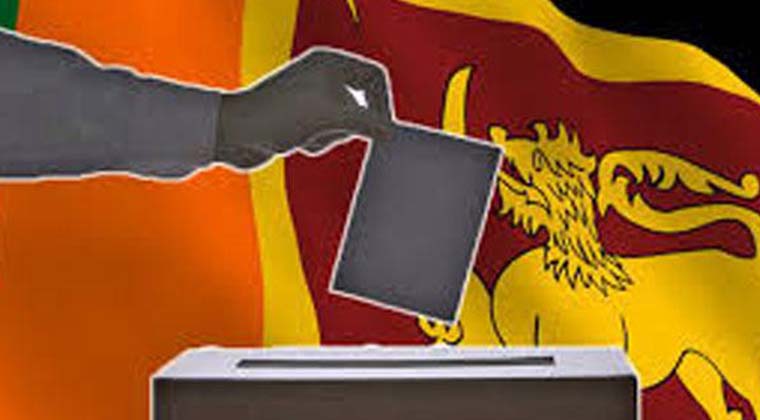Sri Lanka’s 2024 General Election is considered a crucial event that will shape the nation’s future in terms of political stability, economic reforms, and social policies. As the country faces economic challenges, health crises, and national security issues, the outcome of this election will play a pivotal role in determining the direction Sri Lanka will take over the next few years.
A general analysis of how the 2024 election will impact Sri Lanka and the trends that define this electoral cycle is as follows:
In recent years, Sri Lanka has faced significant economic challenges, including high inflation, currency devaluation, and a substantial debt burden. Many citizens are focused on economic relief and stronger financial management, making the election primarily dependent on the economic policy proposals of the competing parties. Regardless of which party or coalition wins, there will be crucial tasks ahead, such as managing the national economy, promoting reconciliation, stabilizing the currency, and restructuring the national debt.
Citizens have shown intense interest in economic policies, demanding transparency, accountability, and financial discipline. As a result, candidates have emphasized practical economic plans focused on reducing the cost of living, increasing job opportunities, and nurturing domestic industries. Voters will closely scrutinize commitments regarding IMF agreements, foreign investments, and government spending as the key solutions for economic revival.
There is also a rising demand for anti-corruption reforms and greater accountability within the government. Recent challenges in Sri Lanka have heightened public awareness about the need for clean and transparent governance. Many parties are committed to implementing governance reforms, strengthening independent oversight institutions, and introducing stringent accountability measures for government officials.
This shift in focus has led voters to seek leaders who prioritize ethical governance. Candidates who present credible plans to fight corruption, streamline bureaucratic processes, and ensure transparency in government spending are gaining traction.
The 2024 election also witnesses unprecedented youth voter participation. Many young voters are voicing concerns about education, employment, and living standards. Social media platforms play a significant role in shaping opinions and spreading information, as younger generations increasingly rely on these platforms for political engagement and awareness.
The election has seen a noticeable rise in independent and reformist candidates challenging traditional political institutions. With many citizens losing trust in mainstream parties, there is growing interest in fresh perspectives and change. These new candidates are focusing on grassroots connections, addressing regional issues directly, and advocating for policies that represent the needs of marginalized communities.
This trend reflects a shift in voter priorities, as many individuals are now prioritizing local development, inclusivity, and transparent governance over traditional party lines.
Rural areas, which often face disproportionate economic hardships, are the focal point of attention in this election. Many candidates are presenting proposals for infrastructure development, healthcare, and education investments as central elements of their platforms. The growing awareness of economic inequality and the need for fair distribution of resources and opportunities is reflected in the focus on rural development.
Candidates are also engaging in discussions about decentralizing governance and empowering provincial governments to address the specific needs of their communities. Proposals that resonate with rural voters, such as those promoting economic growth in rural areas and ensuring more equal access to resources, are gaining significant support.
Foreign relations, particularly with countries like China, India, and the United States, as well as commitments to international financial institutions, are key issues in this election. Voters are closely watching candidates’ stances on Sri Lanka’s foreign partnerships and the importance of balanced foreign policy, which can ensure the country’s sovereignty while also promoting international cooperation for economic stability.
The 2024 general election in Sri Lanka is poised to bring significant changes, focusing on economic development, anti-corruption reforms, youth participation, and rural development. Voters are evaluating candidates’ policy approaches, seeking practical solutions, and looking for leadership that can address the pressing challenges the country faces. With a strong push for reformist and independent voices, Sri Lanka’s political landscape may shift toward new faces and innovative ideas. This election is expected to have a lasting impact on Sri Lanka’s future.

